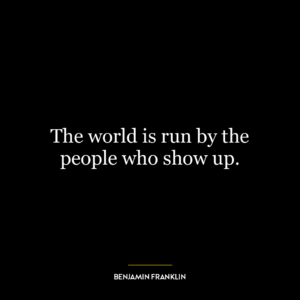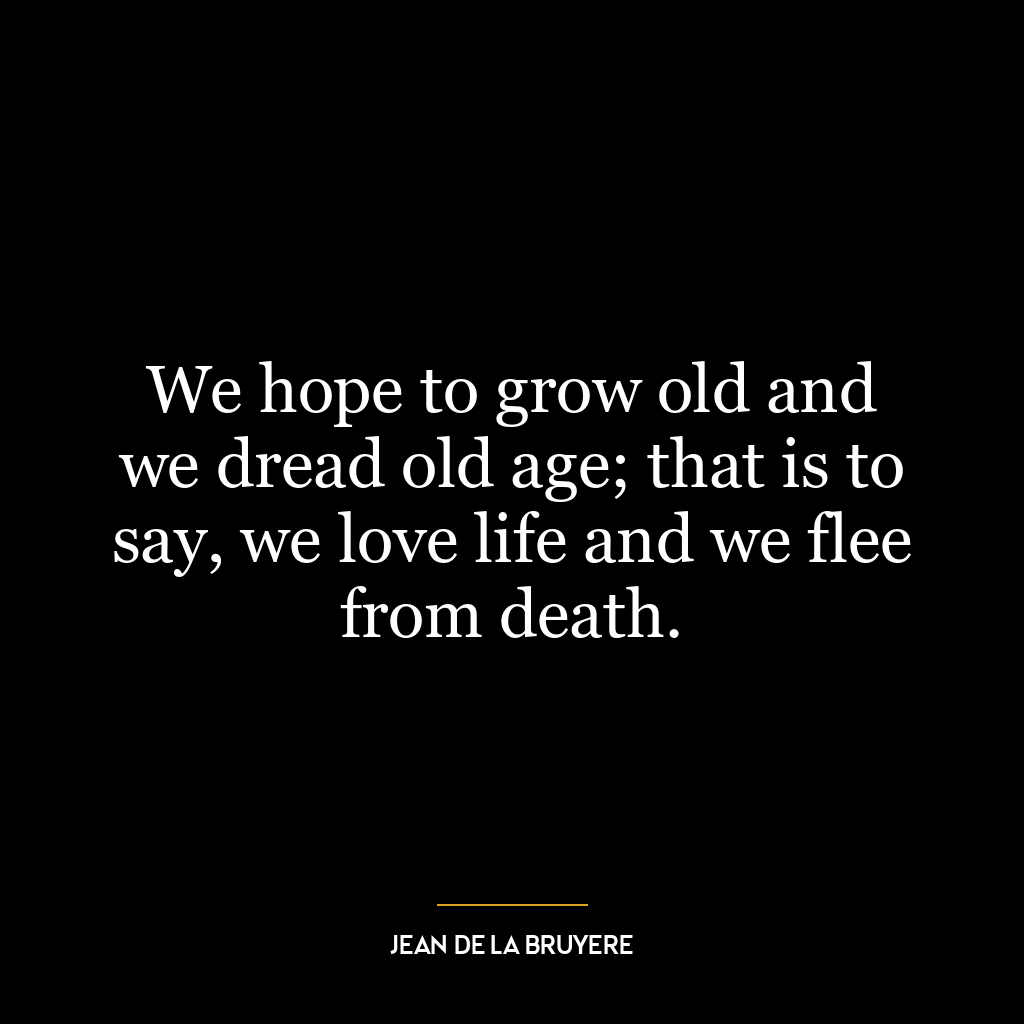Hope and faith may be more firmly built upon charity, than charity upon faith and hope.
This quote suggests that the virtues of hope and faith can be more solidly grounded on the act of charity, rather than the other way around. It implies that charity, or the selfless act of giving and helping others, can be a more powerful and tangible foundation for cultivating hope and faith. Essentially, it means that by engaging in acts of kindness, we not only benefit others but also strengthen our own sense of hope and faith.
The idea here is that charity, being an action-oriented virtue, is something that we can actively practice and see the immediate effects of, which in turn can inspire hope and faith. On the other hand, faith and hope are more abstract concepts that are often harder to grasp and maintain, especially in difficult times. Hence, they can be more effectively nurtured through the concrete act of charity.
Applying this perspective to today’s world, it suggests that in order to foster hope and faith in our societies, we should focus on promoting and practicing charity. This could be in the form of volunteering, donating to causes we believe in, or simply helping those around us in their time of need.
On a personal development level, this idea encourages us to become more charitable in our daily lives. By doing so, we not only make a positive impact on others, but also enhance our own psychological wellbeing by fostering a stronger sense of hope and faith. It’s a reminder that even small acts of charity can make a big difference and help us to cultivate these important virtues.











